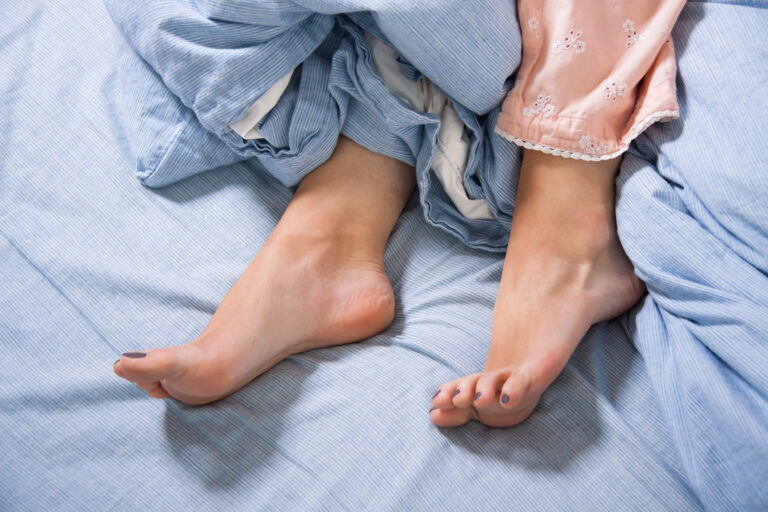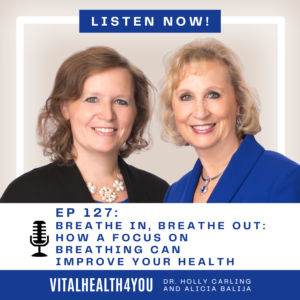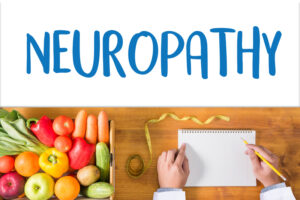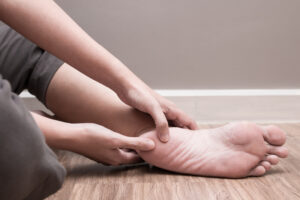Approximately 12 million Americans suffer from Restless Leg Syndrome. According to the National Institute of Neurological Disorders and Stroke, “Restless legs syndrome (RLS) is a neurological disorder characterized by unpleasant sensations in the legs and an uncontrollable urge to move when at rest in an effort to relieve these feelings. RLS sensations are often described by people as burning, creeping, tugging, or like insects crawling inside the legs. Often called paresthesias (abnormal sensations) or dysesthesias (unpleasant abnormal sensations), the sensations range in severity from uncomfortable to irritating to painful.”
Many people have been able to reduce their symptoms or completely eliminate their Restless Leg Syndrome by implementing the following recommendations:
- Identify any underlying nutritional deficiencies that may be present and taking whole food supplements to resolve the deficiency. Deficiencies in iron and in the fat soluble B vitamins are particularly common in patients experiencing Restless Leg Syndrome. It is important to take supplements that are in a whole food form that the body is more able to break down and utilize. We recommend Ferrofood from Standard Process for iron and supporting blood quality. For fat soluble B vitamins we recommend Cataplex G from Standard Process. Other nutritional deficiencies or imbalances may be present as well. It is best to do a Comprehensive Health Assessment to learn what may be at the root of your symptoms.
- Take a look at the medications you are taking. According to the Restless Leg Syndrome Foundation, many medications can make Restless Leg Syndrome worse. These include: Antihistamines (found in cold, allergy and sleeping pills), anti-dizziness and anti-nausea medications (such as Meclizine, Compazine, Phenergan and Reglan), anti-depressants (such as Elavil, Prozac, Lexapro, and Effexor), psychiatric medications (such as haloperidol and phenothiazines) and others. Never discontinue a prescription medication without talking to your medical doctor first.
- Try acupuncture. We have found acupuncture to be helpful in reducing or eliminating Restless Leg Syndrome symptoms.
- Avoid caffeine, tobacco and alcohol which are known contributors to Restless Leg Syndrome. This includes avoiding coffee, chocolate, tea, and soda as well as tobacco products and alcohol. We recommend avoiding sugar as well.
- Exercise has been shown to reduce Restless Leg Syndrome symptoms on a short term basis.
Stop suffering from Restless Leg Syndrome! Take action today!
© 2009 Holly A. Carling, O.M.D., L.Ac., Ph.D.







